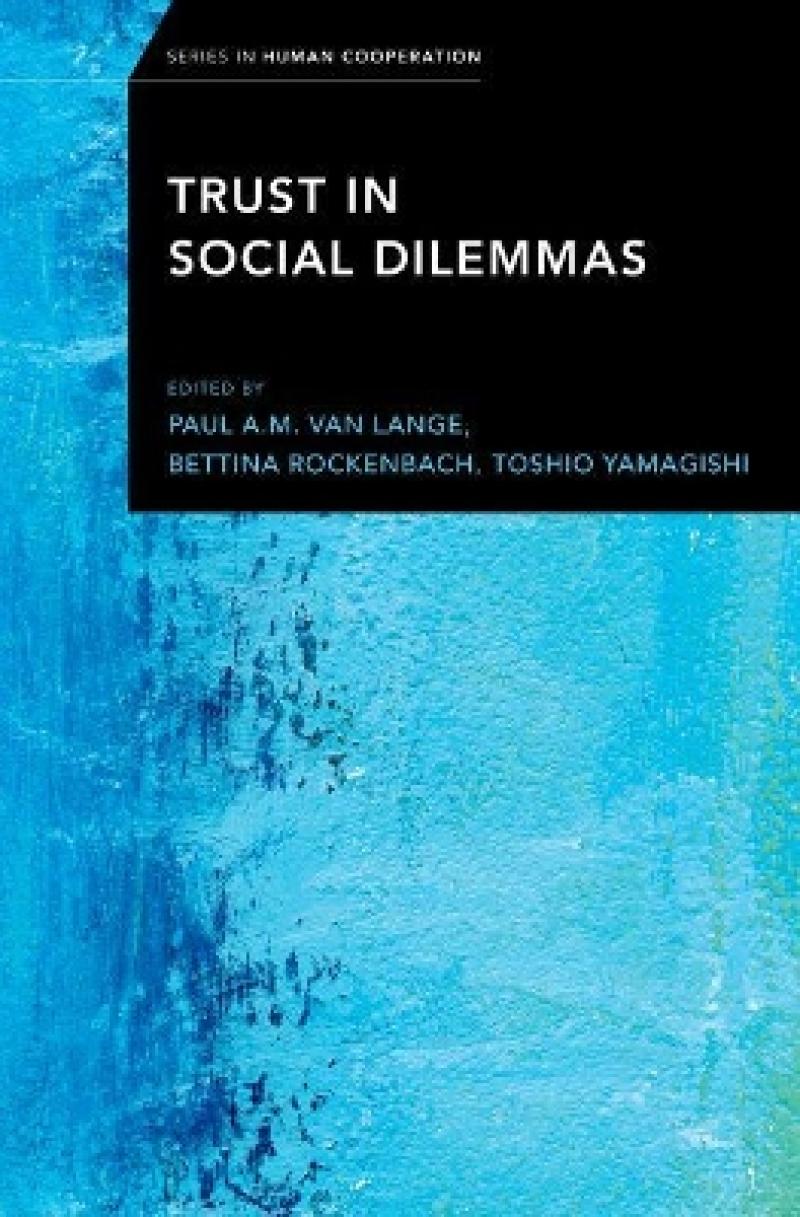"It takes trust to eat out at a restaurant, to initiate a business relation with another party, or to respond to an email from a stranger. Especially in a social dilemma, where individual and collective goals are in conflict, trust is needed to resolve this conflict. With trust, relationships fare better, organizations perform better, and societies function better. In many cases trust is grounded in quick and heuristic assessments of other's trustworthiness.
However, a strict 'rational actor' will be tempted to exploit any trust offered to her rather than reward it. Thus, the study of trust is filled with interesting complications, thought-provoking
contradictions, and nuances that excite the researcher. Many key issues of this fascinating field are covered by this book. Both specialists and lay readers will enjoy it and profit."
-- Manfred Milinski, Director, Max Planck Institute for Evolutionary Biology, Plön
"Trust is one of the foundational concepts in the social, behavioral, and life sciences. In this wonderful and timely volume, the editors assemble a diverse mix of leading scholars on this topic. They present the latest and most important findings on the evolutionary and biological foundations of trust, how trust develops over time, how it operates in both dyads and larger groups, and how and why trust sometimes functions differently within different cultures.
This book is essential reading for anyone interested in trust, broadly defined."
-- Jeffry A. Simpson, Professor, Department of Psychology, University of Minnesota
